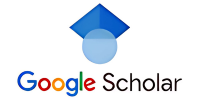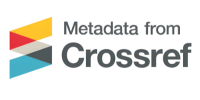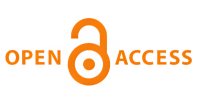The Role of AI in Predictive Economic Forecasting
DOI:
https://doi.org/10.25215/31075037.019Keywords:
Artificial Intelligence, Predictive Economic Forecasting, Machine Learning, Economic Forecasting models, Data Analytics.Abstract
The governments, financial institutions and businesses value predictive economic forecasting especially in order to make sound choices and decisions concerning the future. AI has taken a giant step in the area in the recent years. Prospects of the analysis of the big data, identifying the advanced patterns and even prediction, made in a real-time using the AI, have transformed the traditional methods of economic forecasts. Predicting economic variables such as the inflation rates, economic growth, rates of unemployment and changes in stock markets using economic forecasting with machine learning algorithms, AI models will be the topic of interest by the authors in the paper. It also examines the opportunities and the gaps of the AI in the prediction in economic analysis. Assessing the state of AI in having to handle such large amount of economic data points and the fact that it has assisted in obtaining improved shot forecasts than that of the traditional statistical model, this paper indicates how AI can change the effectiveness of economic forecasting. However, the paper has also stated the obstacles linked to it which are that the quality of data is very important, the transparency of the algorithm and ethical issues of AI regarding decision-making. This paper is going to provide the description of the role of the AI in the predictive economic forecasting and the actual and possible additional applications of the AI in the reconsideration of the economic forecasting.












